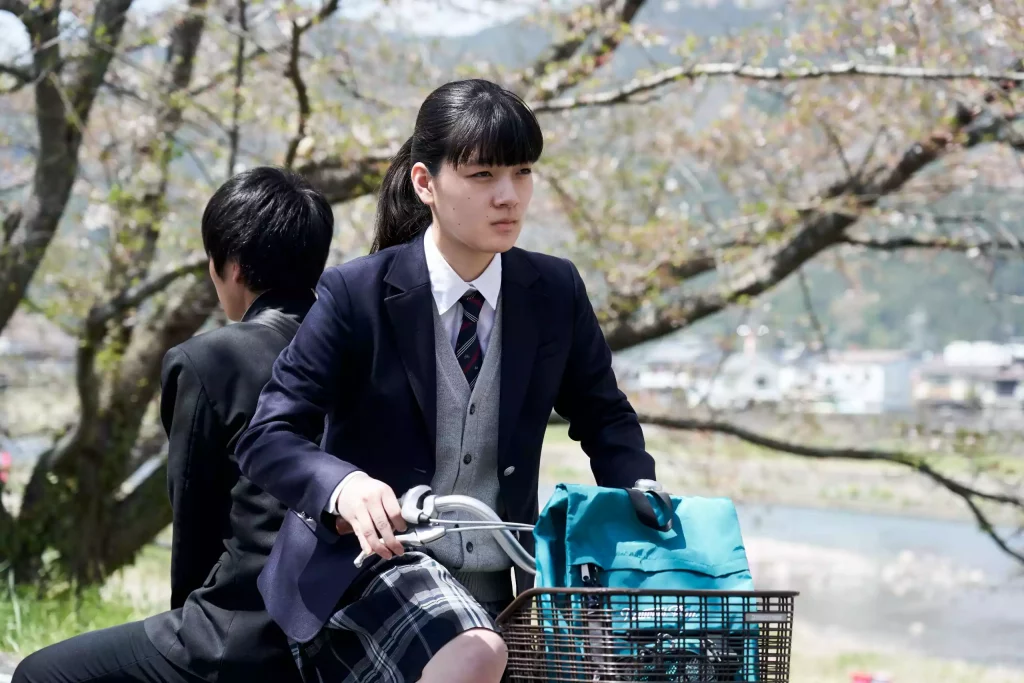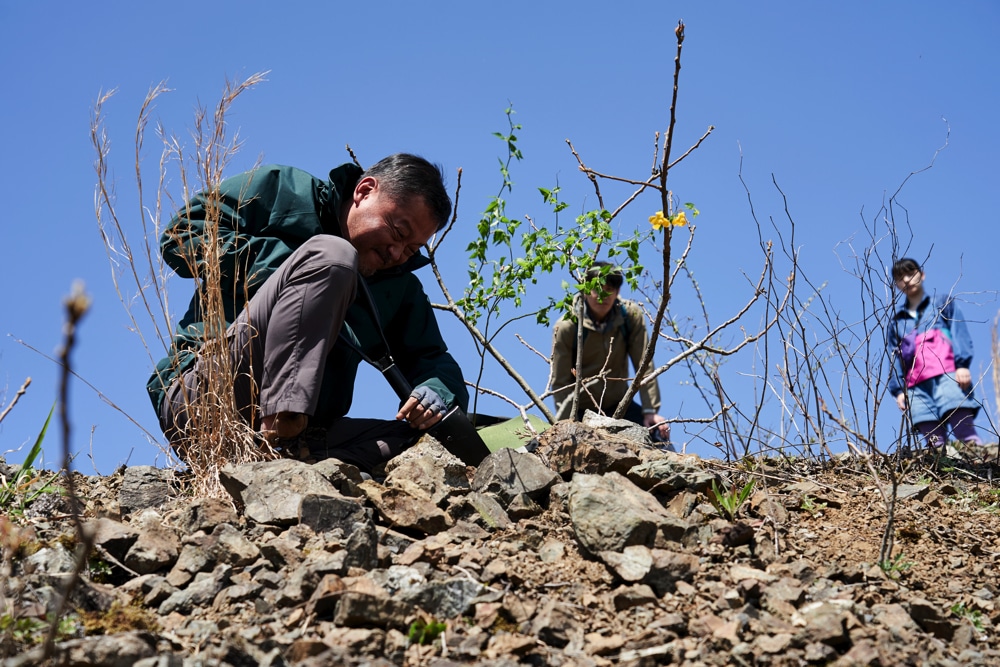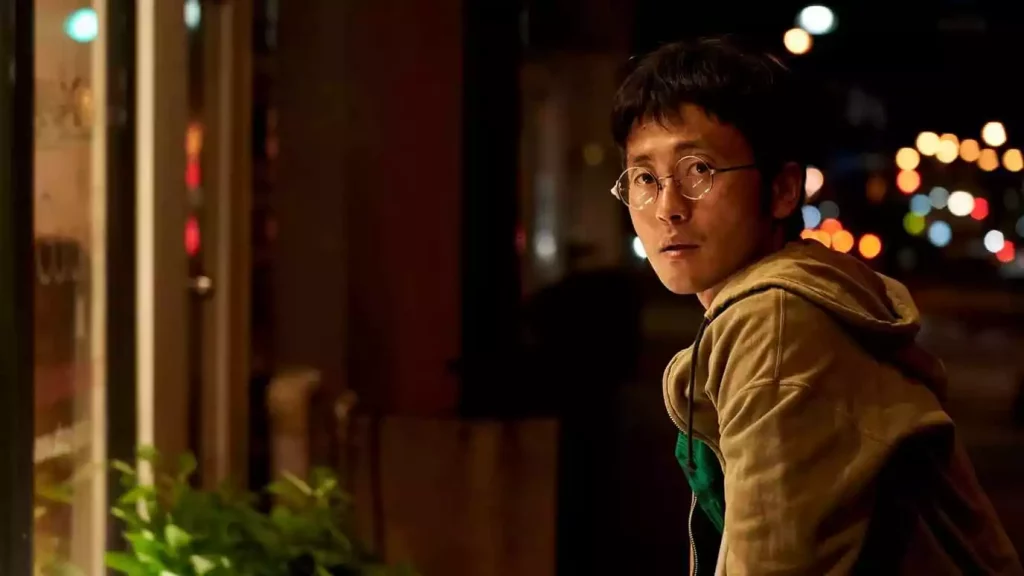Competición Oficial 2022
Yamabuki
Juichiro Yamasaki | 2022 | 97'
SINOPSIS
DIRECTOR
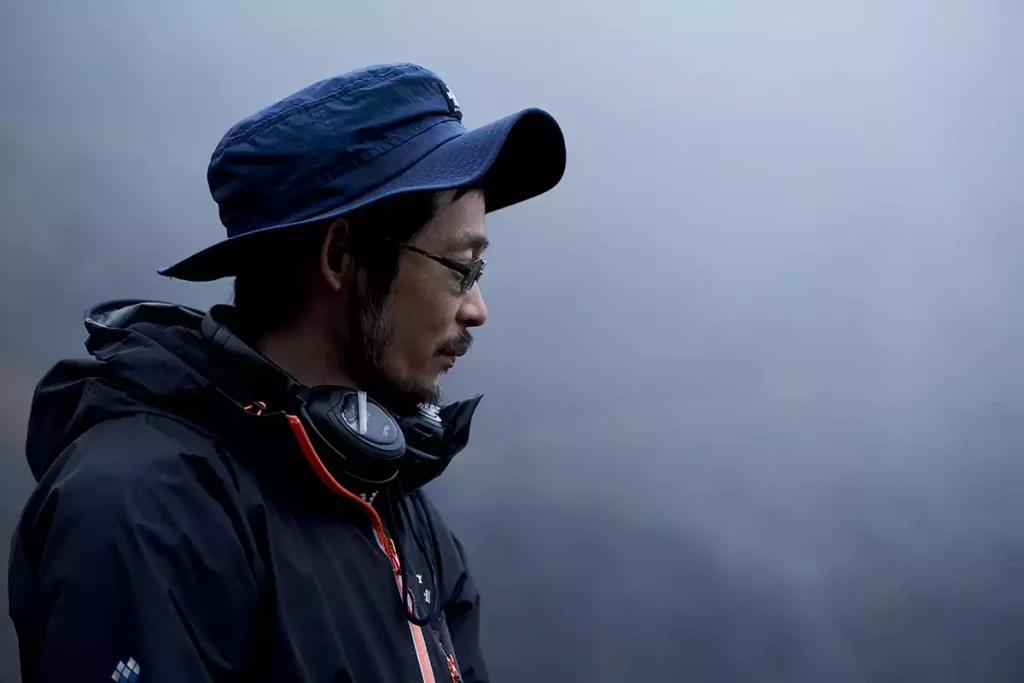
LEER MÁS
Yamasaki Juichiro (1978, Osaka, Japón) organizó un festival de cine estudiantil durante su paso por la universidad, realizó un par de cortometrajes y trabajó como ayudante de dirección. Después de vivir en la ciudad durante años, se trasladó al pequeño pueblo de montaña de Okayama donde nació su padre. Allí se puso a trabajar como agricultor de tomates. The Sound of Light (2011), sobre la vida de un granjero en los tiempos actuales, fue su debut en el largometraje. Tras Sanchu Uprising: Voices at Dawn (2015), Yamabuki (2022) supone su tercera película.
multimedia
texto crítico
Estrenada en la sección oficial del último festival de Rotterdam, Yamabuki es importante por dos motivos. El primero, por erigirse en la definitiva consagración de su director, el inclasificable Juichiro Yamasaki. El segundo, quizá más importante para todo aquel que se acerque a esta película, por tratarse de uno de los grandes acontecimientos cinematográficos de la temporada. Partiendo de los mimbres del drama costumbrista y del transitado armazón narrativo de las historias cruzadas, Yamabuki emprende una fascinante exploración de los lazos afectivos y familiares, la culpa y la redención, lo aceptado y lo marginado. A través de las historias de un inmigrante coreano y una estudiante de secundaria en una pequeña localidad nipona, la narración va revelando una serie de corrientes subterráneas que la van otorgando un poso crítico y un mordiente político poco habituales en el cine japonés actual. No obstante, a pesar de ofrecer un retrato nada amable sobre el consenso social sobre el que se levanta el Japón contemporáneo, y de tocar tabúes como la corrupción y el trato a la inmigración, Yamabuki no pierde su mirada serena sobre los conflictos que plantea, ni la empatía por sus personajes. Rodada en un glorioso 16mm, Yamabuki es un prodigio de sensibilidad, belleza estética y poderío narrativo, cualidades que estallan en su brillante tramo final, pleno de misterio y genuina poesía audiovisual. GABRIEL DOMÉNECH
ficha técnica
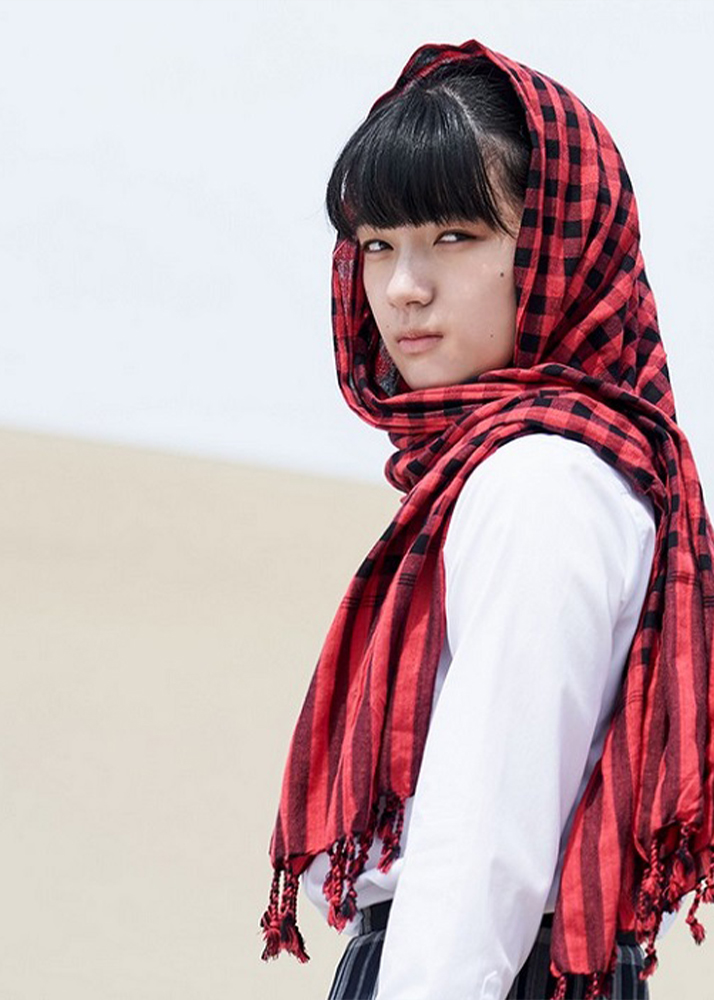
Dirección
Juichiro Yamasaki
Guión
Juichiro Yamasaki
Fotografía
Kenta Tawara
Música
Olivier Deparis
Intérpretes
Kilala Inori, Hisao Kurozumi
Producción
Terutarô Osanaï, Shoko Akamatsu, Atsuto Watanabe, Takeshi Masago, Juichiro Yamasaki»

